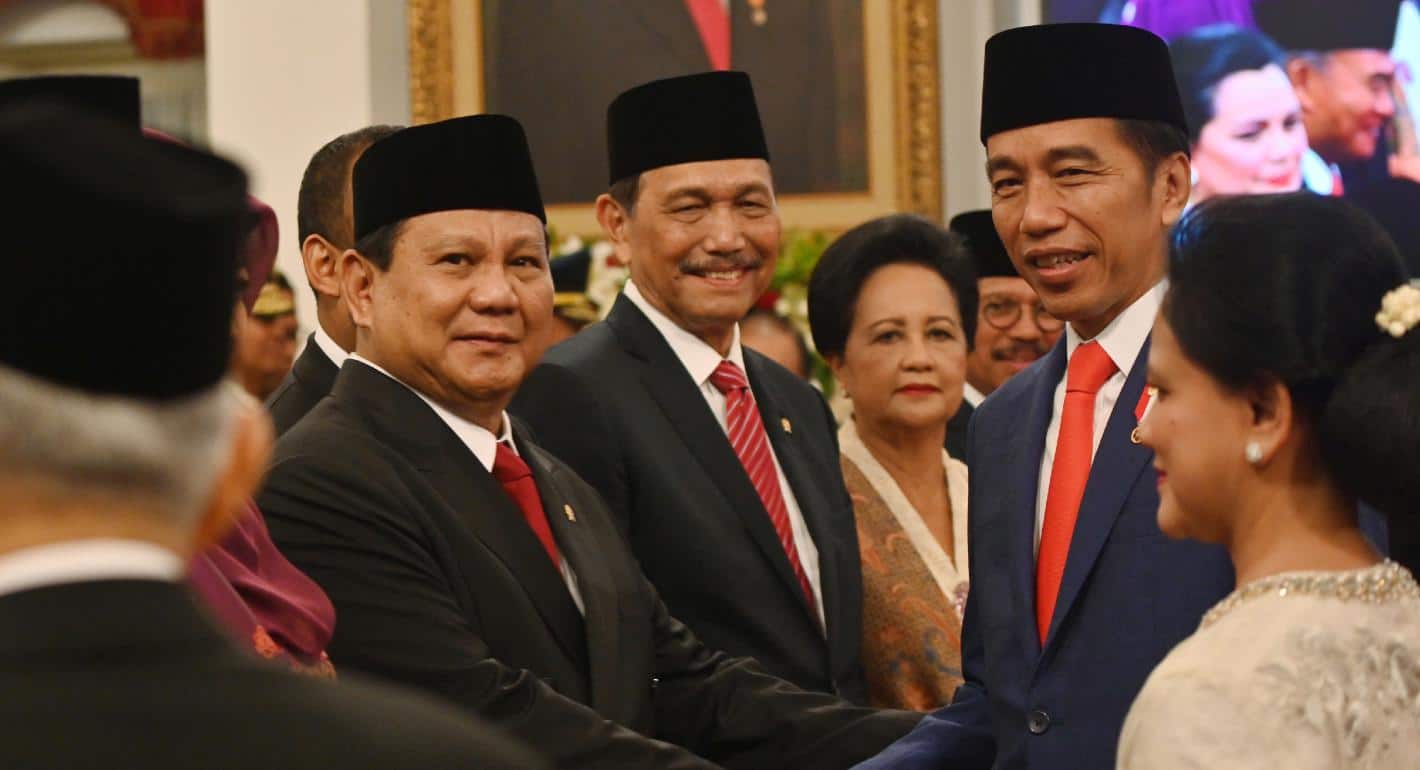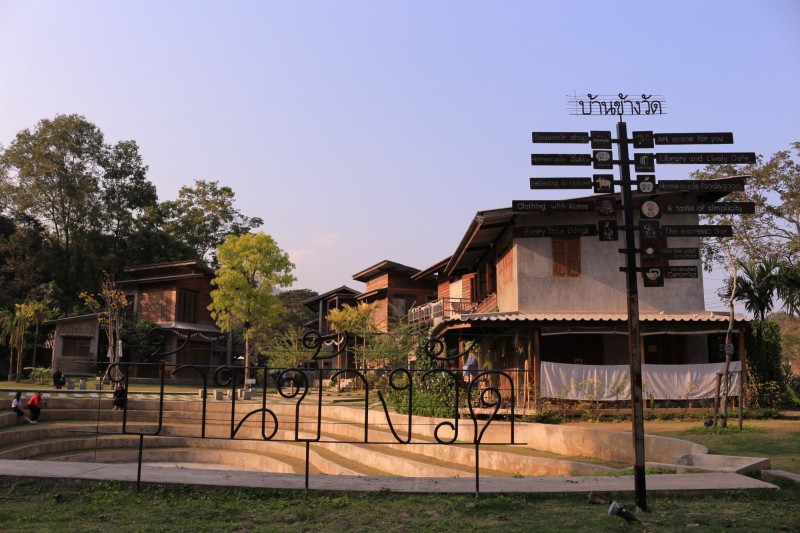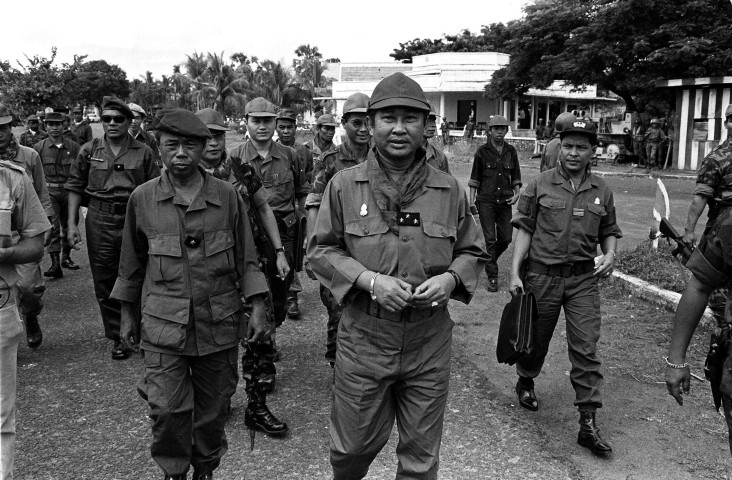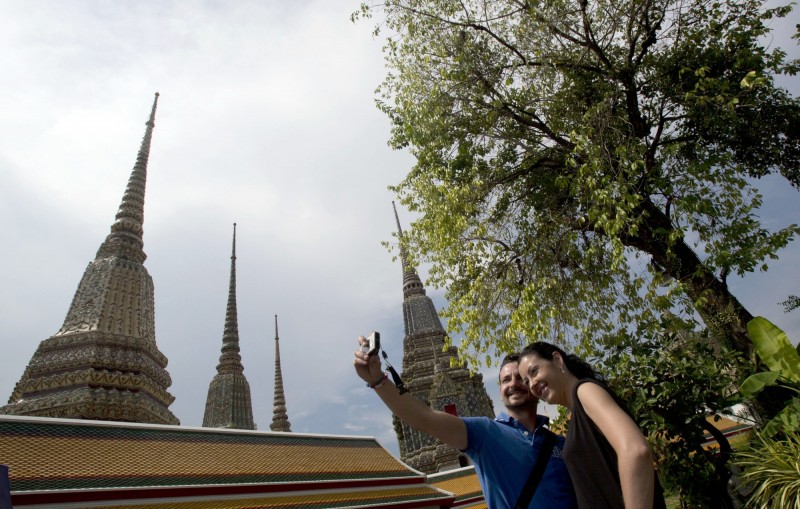☀︎ Vieri Luois Cenisius, Student of International Business Management, Indonesia International Institute for Life Sciences (i3L)
☀︎ Shangmao CHEN Professor, Department of Public Affairs, Fo Guang University

Abstract
The 2024 election in Indonesia was an important moment for the country. After 10 years of leadership by President Joko Widodo, who could not run again, over 205 million people voted to choose their next leader. The three main candidates were Prabowo Subianto, Ganjar Pranowo, and Anies Baswedan. Prabowo won and promised to continue building the economy, improving citizen’s welfare, creating jobs, and fighting corruption. He also plans to focus on building new infrastructure and cooperating with other countries to attract investments. One of the big projects is moving Indonesia’s capital city from Jakarta to Nusantara, a project started by President Jokowi. Jakarta has problems like overcrowding, flooding, and pollution. Nusantara is planned to be a modern and eco-friendly city that will help develop other parts of the country. However, building the new capital is expensive and challenging, and it will need support from local and foreign investors. Internationally, Prabowo aims to keep Indonesia neutral while maintaining relationships with big countries like China and the U.S. He plans to make Indonesia a stronger leader in Southeast Asia and join global groups like BRICS and the OECD. These steps could help Indonesia grow its economy and play a bigger role in world politics. The 2024 election marks the start of big changes for Indonesia. While the government may become more centralized, early steps have shown positive impacts. Prabowo’s leadership will be the key to improving the country’s economy, solving Jakarta’s problems, and strengthening Indonesia’s role domestically and globally.
Keywords:
Indonesia 2024 Elections, Prabowo Subianto, Capital City Relocation, Nusantara, Economy, Governance, Global Diplomacy, Southeast Asia




